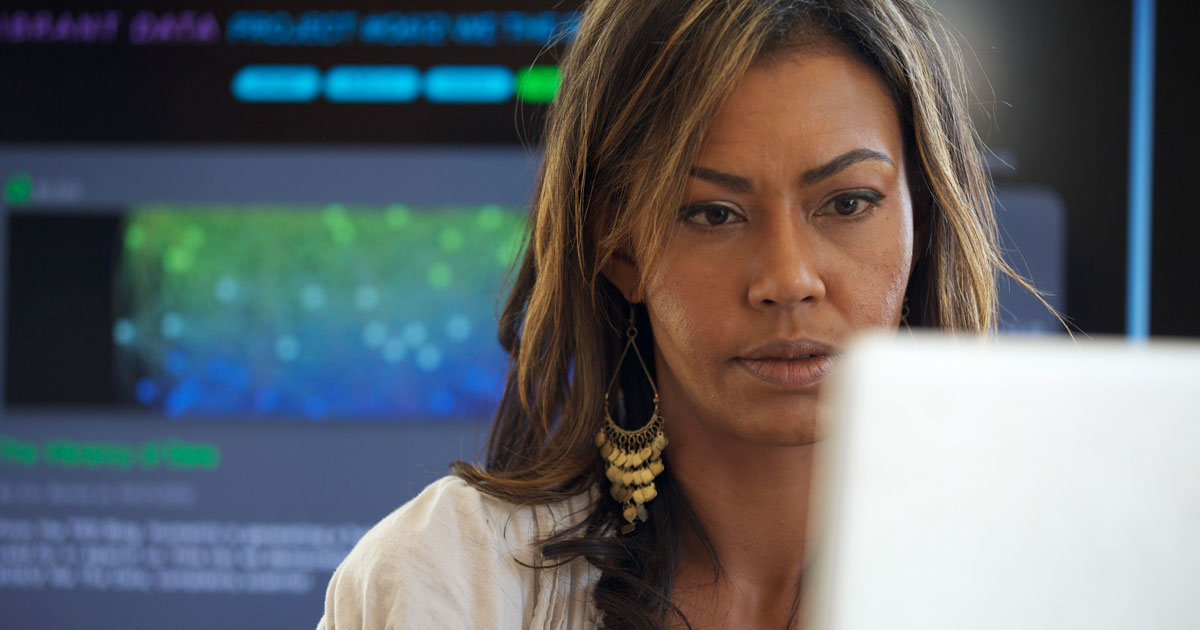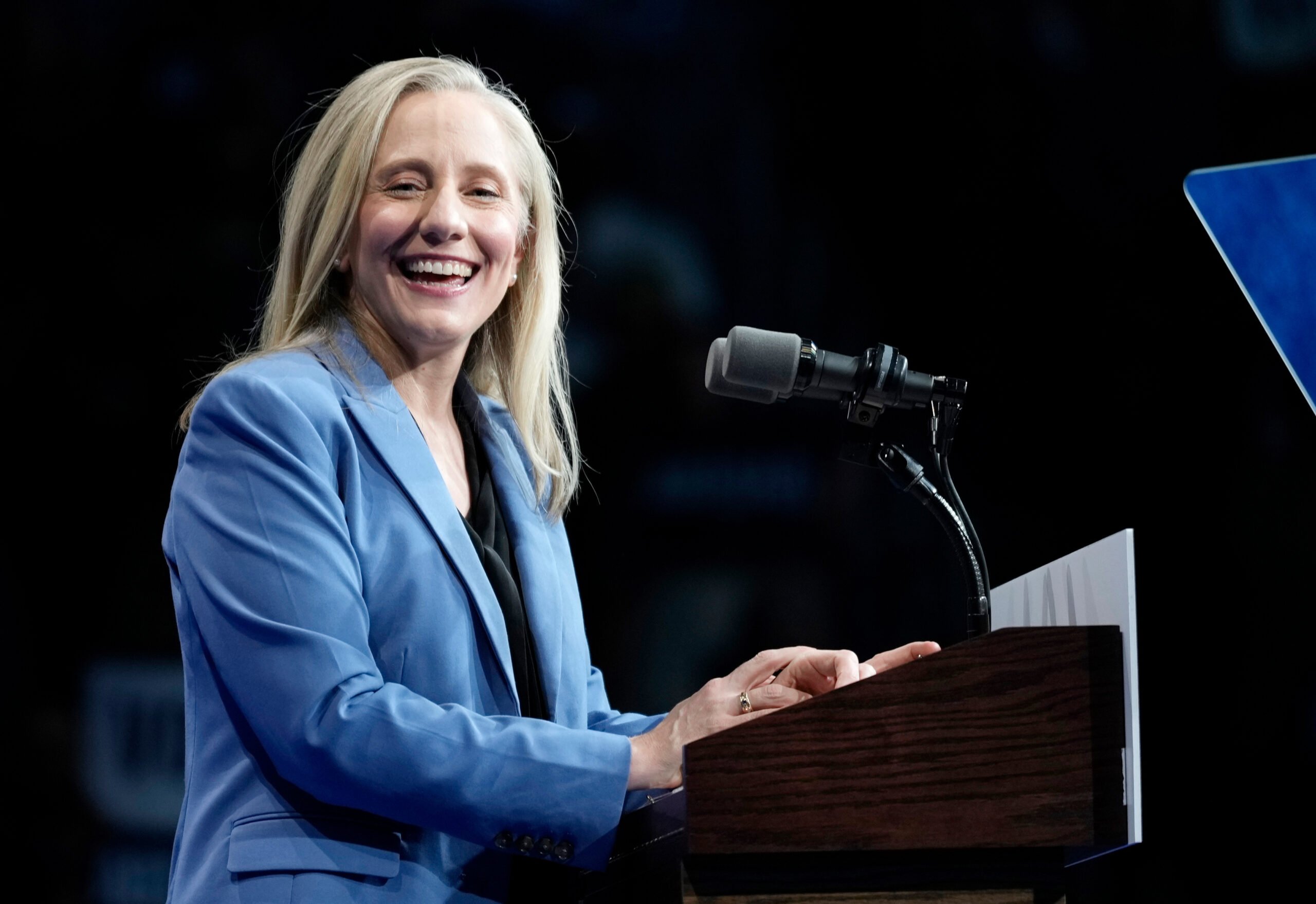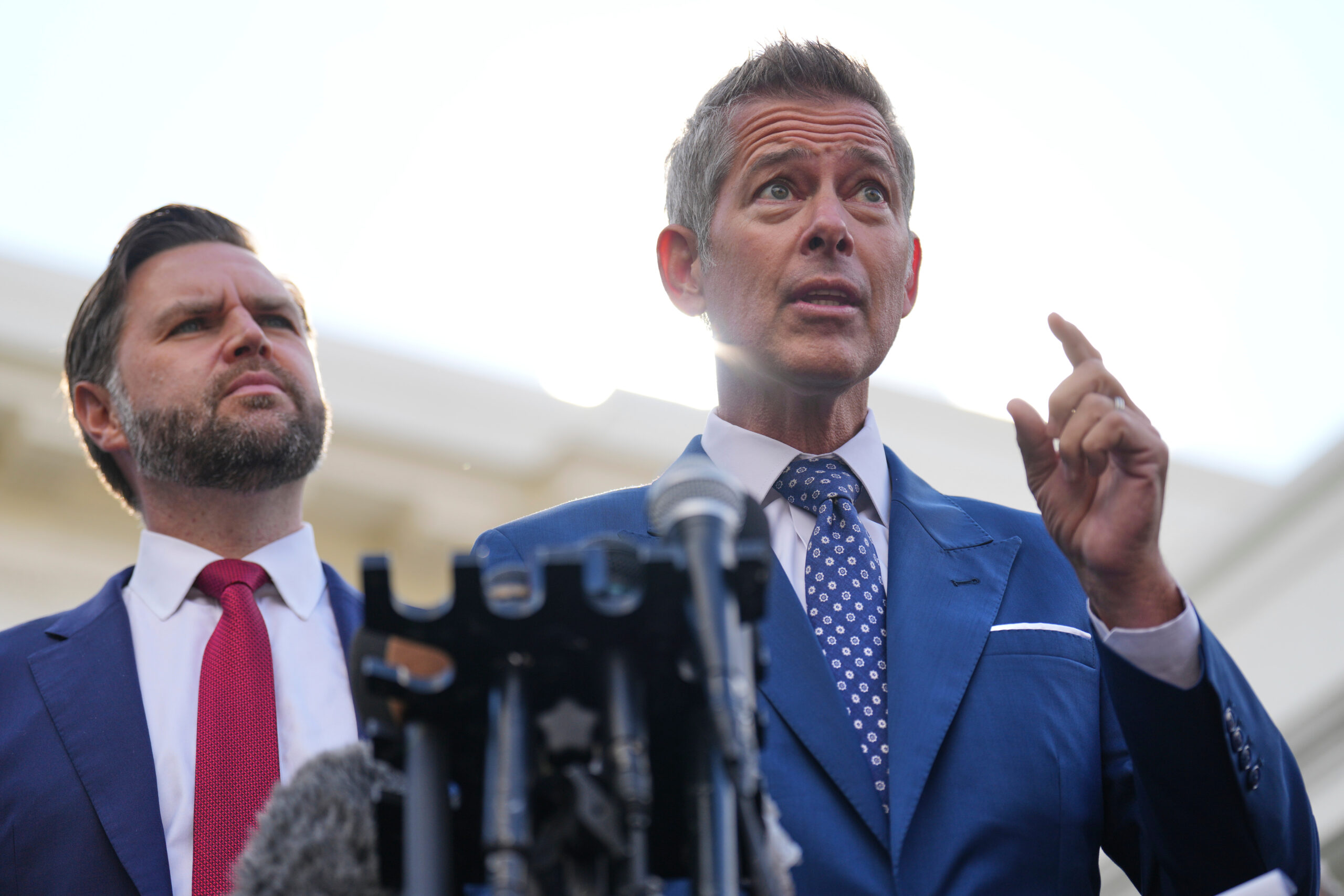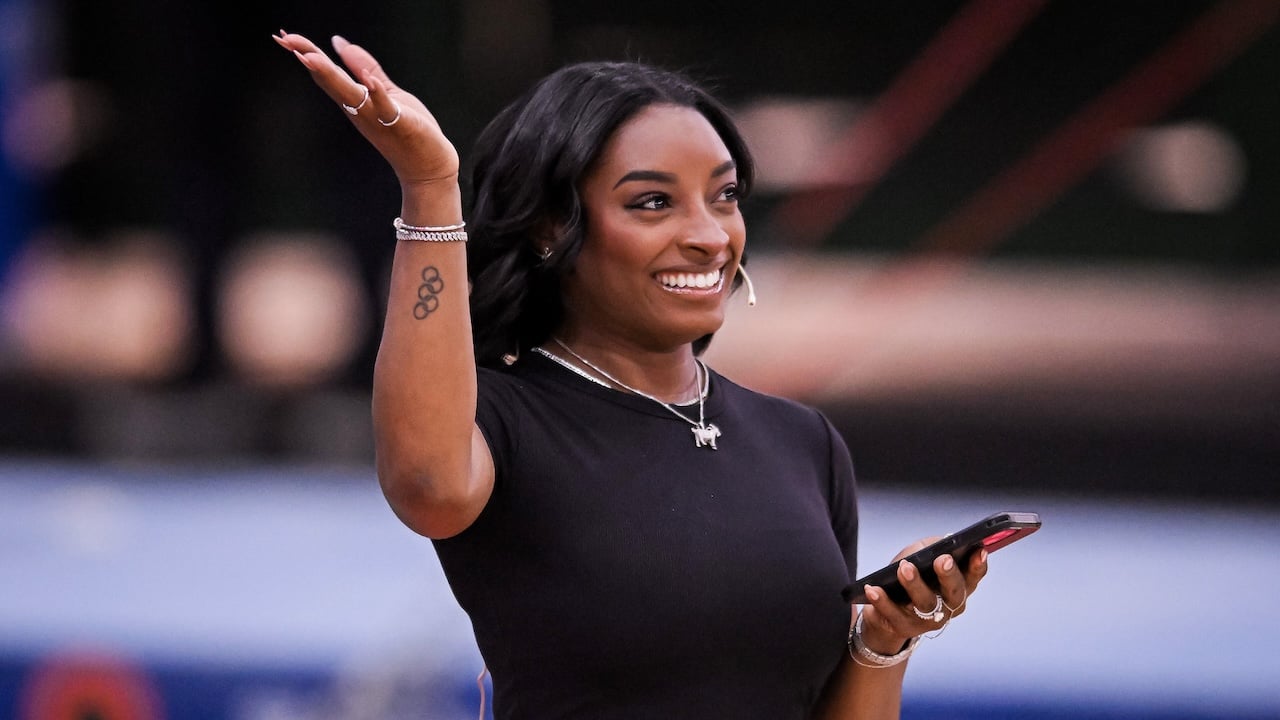
Juliette Powell once was introduced at a keynote speech as “the female Elon Musk.” The term stuck, and the next person to introduce her used the same one—because they’d asked ChatGPT to help them write the intro, and the term became “fact” as humans fed the machine that is generative AI. And it isn’t far off—Powell is leading the charge on how to design and use AI now and in the future, exploring the shoulds, shouldn’ts and possibilities of the next generation of tech.
The New York City-based founder and managing partner of Kleiner Powell International (KPI) consults with governments, large companies and others on the intersection of tech and business, with a deep understanding of how AI is shifting society and global competition. In August, she released her book, The AI Dilemma: 7 Principles for Responsible Technology, which was co-authored with KPI principal Art Kleiner. In September, KPI launched an AI advisory.
She’s been traveling since then, including a stop in her hometown to moderate a Montreal Institute for Learning Algorithms cross-disciplinary panel featuring AI “grandfather” and Mila founder Yoshua Bengio. Bengio, who was awarded the equivalent of the “Nobel Prize of Computing” in 2018, is one of the early warners of AI’s extensive power—especially of how it can overcome human intelligence faster than anyone anticipated. Powell has learned from leaders like Bengio and has become one herself, with a focus on shaping a future of AI that “minimizes human harm.”
But many people don’t know what an AI researcher and adviser does with her days. Here’s what Powell is up to on a typical weekday.
5:30 a.m. – Walk
Powell wakes up with the sunrise in New York City. She and her “gorgeous” pitbull, Tyra Banks, head out on their 5-mile walk. She doesn’t have use for a gym—she and Tyra go hiking for her exercise routine.
7:15 a.m. – Write
During or after the walk, she might find a shady spot under a tree or post up by the water to write and reflect. She’s been doing this since she was a kid. “Central Park is great for that.” Lately, her journal is full of “brain dumps” and private thoughts that show up as creative spurts, pieces of dialogue she’s heard and tries to reword to make sense of them. “I do this giant analysis, and then I let it go.” This is on purpose. The rest of her day isn’t about her anymore, because her thoughts are back in that journal. “So, when I do talk to people face-to-face or via Zoom, it’s really about them—I no longer feel the need to impose what’s been on my mind…. It makes me a better listener and better collaborator.”
Recently, she was writing about whose lives AI will really change within the next few years. Lately, she’s been asking and challenging others to answer the question: “Who’s ‘we’?” She demands others consider what AI’s impact around the world will look like for those at an elite, private university versus those who are just getting online. She journals through the assumptions others make about who “we” are. Another must-have question she asks her KPI AI advisory clients is: “What are you NOT willing to do to make money?”
AI systems are a “feedback loop” that shapes us and we shape them, she explains, adding that with new AI regulations on the horizon, developing and deploying responsible AI means taking into account those it affects and holding companies and governments to account on how far they are willing to go to gain competitive advantage. The clearer she can get about the larger problem everyone is trying to solve, the better. Her AI advising work might land in a lesson plan or keynote speech, where she poses that question to the world at large—defining “we” gets everyone in the same headspace, making them more open to listening to others.
9 a.m. – Consult
Powell and her team meet with a major tech company, helping them innovate to become more future ready and compete globally—starting with mapping how best to leverage AI. Powell suggested that the company needed to bring in cross-disciplinarians to work with their AI teams for “a more complete picture.” “You actually have to involve social scientists, lawyers and behavorial psychologists in AI teams to create more responsible AI for more people,” she says.
Companies who work with her can expect a “straight shooter,” and people trust her because of it. “I’ll tell you exactly what I think… If you’re going to give me a seat at the table and together we can make things better for more people, then I am all in.”
Working with Powell isn’t necessarily quick—she encourages this team to slow down. “Longer deliberation means that you get better answers for more people,” she says.
“I’m not just talking about race or gender: I’m talking about working with teams composed of people of different cultures, socioeconomics, upbringings, educations, that include self-taught people and neurodiverse people, all of it. When you bring more people together around an AI problem, it’s going to take a lot longer to deliberate AI risks and opportunities—people ask far more questions. Some get frustrated.”
She’s thorough and unapologetic about it. Her recommendations and subsequent results when the “we” gets wider and more inclusive are worth the wait for this company and others.
12:15 p.m. – Teach
She heads to New York University, where she and Kleiner teach a class, “Future of the Media.” Here, they focus on scenarios of the future. At the end of the term, students will present to an audience of hundreds, from bank leaders to software company employees who “really want to know what the students have to say.” Her teaching, learning and work all interplay. hese lessons inform how she advises governments and responds to her clients; her own work experience informs her teaching.
1:15 p.m. – Empower
She meets with students lined up to chat with her after class. One, La’Kay Hodge, asked her for a job, and Powell gave her a chance to do some consulting alongside her, such as doing a final edit of her book. “Is there anything we missed that’s really important?” After that, she was hired.
7:30 p.m. – Create
Powell doesn’t stop thinking about AI as her day turns into evening. She attends her friend Annie Dorsen’s “brilliant play,” Prometheus Firebringer. (Dorsen was part of the 2019 MacArthur Fellowship, which is often referred to as the “genius grant.”) “Dorsen uses the predictive text model GPT-3.5 (the same model that runs ChatGPT) to generate speculative versions of the missing story. Each night, a chorus of AI-generated Greek masks performs a different iteration, while Dorsen engages the audience in reflections on power, knowledge and doubt,” she reads in the Playbill.
As she watches, Powell thinks about her recent collaboration on her own screenplay with another writer, who has worked on multiple James Bond screenplays. They’d brainstormed about why ChatGPT had deemed her the “female Elon Musk” and how it became a recycled and recirculated truth. “[Prometheus Firebringer] inspired me to be open to other mediums to explore AI while asking myself the question, ‘What’s next?’ And for the first time, my thought was, if a seasoned writer is willing to explore a new medium with me around a topic I’m so passionate about, why not?”
9 p.m. – Inspire
While the rest of us are dozing to our binge-worthy Netflix favorites, Powell is chatting AI still with a colleague from her past life as a television interviewer and producer. “They are building generative AI tools and patenting broadcast processes that use generative AI,” she says. “They are going beyond what even they imagined they could be doing now.” She says these colleagues, who are in their 50s to 70s, are on the cutting edge of AI. “Given our aging population, that’s inspiring for all of us,” she says.
Powell finally closes her eyes with a thought she often ends her day on: “We have to remember that AI shapes us just as much as we shape it.”
This article originally appeared in the January/February 2024 issue of SUCCESS Magazine. Photo by Laurent Levy.




